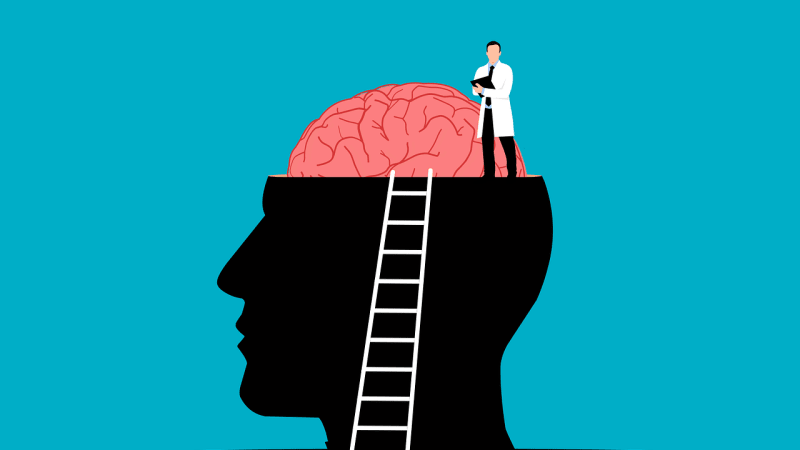
In this post, I’ll honor some of the pioneering minds who have significantly influenced this industry: Alan Turing, Edsger W. Dijkstra, Bill Gates, and Linus Torvalds. Their contributions have laid the groundwork for the technological advances we see today, and their legacies continue to inspire and shape the future of computing.
Alan Turing: The Father of Modern Computing
Alan Turing is often regarded as the father of modern computing. His groundbreaking work during World War II at Bletchley Park led to the development of the Bombe machine, which was instrumental in deciphering the Enigma code used by the Nazis. This not only had a profound impact on the outcome of the war but also on the future of computer science. Turing’s theoretical contributions, particularly the concept of the Turing Machine, established the fundamental principles of algorithm design and computation. His work laid the foundation for the development of the modern computer. Turing also proposed the Turing Test, a criterion for determining whether a machine can exhibit intelligent behavior indistinguishable from that of a human. This concept remains a cornerstone in the field of artificial intelligence.
Edsger W. Dijkstra: Master of Algorithms
Edsger W. Dijkstra was a pioneer in algorithm design and a profound thinker in the realm of computer science. His most famous contribution is Dijkstra’s algorithm, which efficiently solves the shortest path problem in graph theory. This algorithm is widely used in various applications, from routing and navigation systems to network optimization. Dijkstra was also a strong advocate for the mathematical rigor in programming. He emphasized the importance of writing clear and correct code, famously criticizing the GOTO statement in his paper “Go To Statement Considered Harmful.” His emphasis on structured programming and his work on developing formal methods for software engineering have significantly influenced modern software development practices.
Bill Gates: Visionary of Personal Computing
Bill Gates is a household name, known for his role in co-founding Microsoft and driving the personal computing revolution. Under his leadership, Microsoft developed the Windows operating system, which became the dominant platform for personal computers worldwide. Gates’ vision of “a computer on every desk and in every home” has been realized to an extent that even he might not have anticipated. Gates’ contributions extend beyond software development. His business acumen transformed Microsoft into one of the most successful and influential technology companies in the world. Moreover, Gates’ philanthropic efforts through the Bill & Melinda Gates Foundation have had a significant impact on global health and education, demonstrating his commitment to using technology and resources to improve lives worldwide.
Linus Torvalds: Architect of Open Source
Linus Torvalds, the creator of the Linux operating system, has been a pivotal figure in the open-source movement. Linux, initially developed as a hobby project, has grown into a robust and versatile operating system that powers everything from smartphones to supercomputers. Torvalds’ decision to release Linux under the GNU General Public License (GPL) has fostered a collaborative and innovative software development environment. Torvalds also developed Git, a version control system that has become essential in software development. Git’s distributed nature and powerful branching and merging capabilities have made it the standard tool for managing source code in both open-source and commercial projects.
Conclusion
The contributions of Alan Turing, Edsger W. Dijkstra, Bill Gates, and Linus Torvalds have been instrumental in shaping the IT industry and the field of computer science. Their work has laid the foundation for many of the technologies we rely on today and continues to inspire new generations of innovators and programmers. As we navigate the ever-evolving landscape of technology, it is essential to remember and appreciate the pioneering efforts of these visionaries. Their legacies remind us of the importance of creativity, rigor, and vision in advancing the field of computing.